BRAC
July 25, 2018

Published by Bibi-Aisha Wadvalla at Jul 25 2018
Bangladesh is largely an agricultural-based economy. According to the World Bank, almost half of all workers are directly employed by agriculture. The sector is credited with greatly reducing the country’s poverty rate due to rapid growth.
May 13, 2018
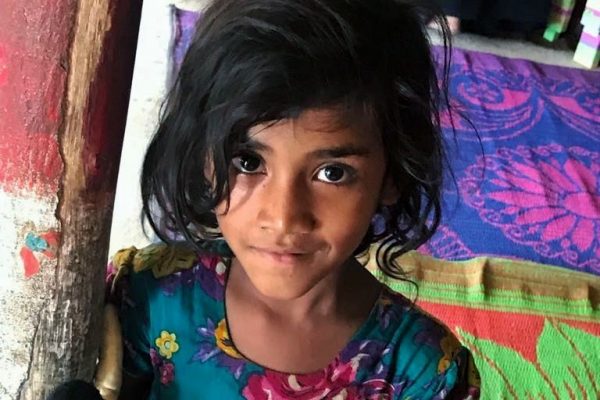
Published by BRAC at May 13 2018
Categories
10-year-old Harisa describes how she and her family escaped from their home in Myanmar and crossed the border into Bangladesh. She is one of almost a million Rohingyas living in the makeshift settlements in Cox's Bazar- all of whom experienced similar trauma.
May 6, 2018

Published by Bibi-Aisha Wadvalla at May 06 2018
Categories
Bangladesh is on a drive to train more midwives, a step seen as critical to reducing the maternal mortality rate. The country’s ratio of home deliveries vastly outnumber births at health facilities. In rural areas, it’s estimated only 20% of women give birth with a skilled birth attendant present. On International Day Of The Midwife, we honour women who are saving lives.
April 11, 2018
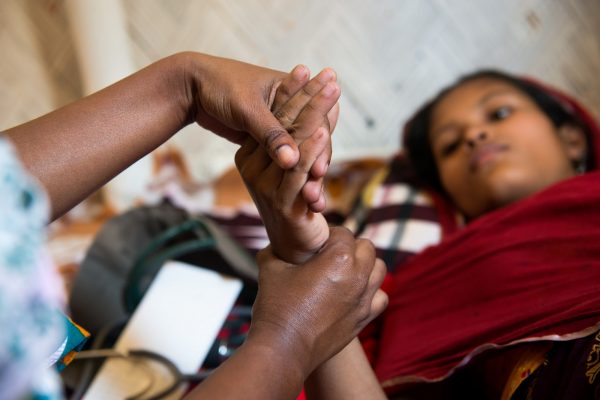
Published by Mahmoud Homsi at Apr 11 2018
Contrary to popular belief, Noor had a clear understanding of what family planning is, and her husband was supportive of it - she had delivered her daughter with the help of a midwife at that very same health facility. She was encouraged to have her child here by a Rohingya traditional birth attendant– a volunteer in BRAC’s health team.
March 27, 2018
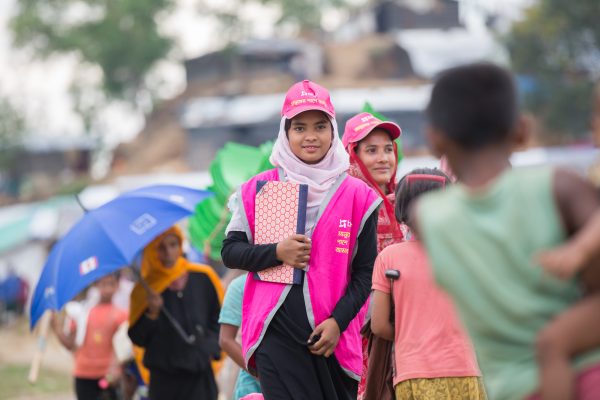
Published by BRAC at Mar 27 2018
Categories
As BRAC ranks #1 for the third consecutive year, we revisit an interview with Sir Fazle - the first of a series of interviews with executives of organisations that are part of the rankings, launched by NGO Advisor.
"Sir Fazle Hasan Abed, Founder and Chairperson of BRAC, opens the series on behalf of 118,000+ employees working for what we acknowledge as the most influential and impactful for-good organisation worldwide."
January 23, 2018
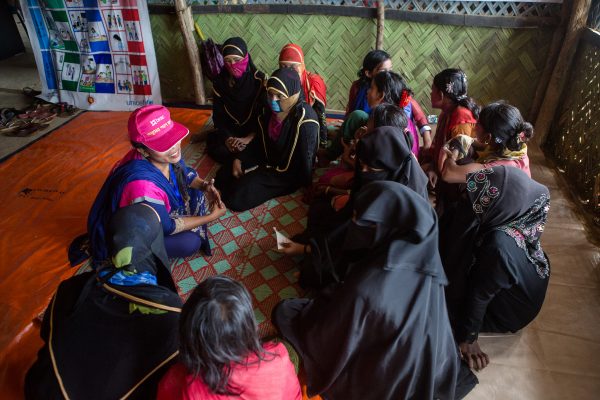
Published by Dibarah Mahboob at Jan 23 2018
A woman’s handbag seemingly contains a world of mystery. Her phone, keys, wallet, some tissue to wipe the nose, a sanitary pad just in case, maybe sunglasses, and receipts from the supermarket. But what does one carry in a crisis?
December 18, 2017
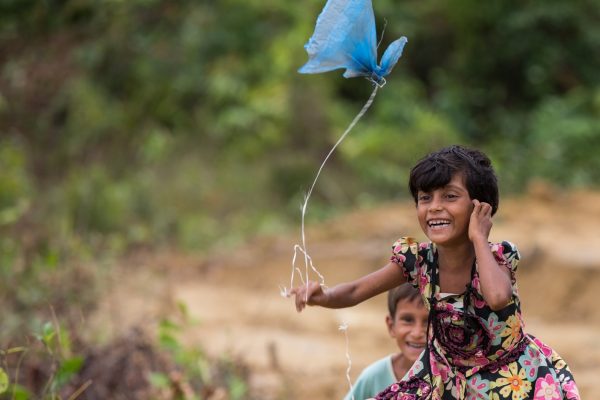
Published by Shariful Hasan at Dec 18 2017
People stretched as far as I could see. Young, old and every age in between, all standing in lines for hours to receive food. What most shocked me was the number of children. There were just so many of them. So many hungry eyes.
December 18, 2017
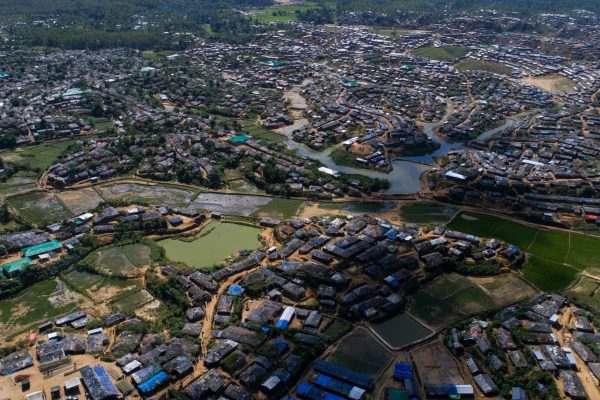
Published by Iffat Nawaz at Dec 18 2017
A diphtheria outbreak in the Rohingya makeshift settlements has killed 20 people as of December 17, 2017. With 1,500 suspected cases, the number is growing. The 656,000 Rohingya people who sleep every night without electricity, dream in the colours of recent trauma and wake up to uncertainty, cannot afford to be hurt further.
December 17, 2017
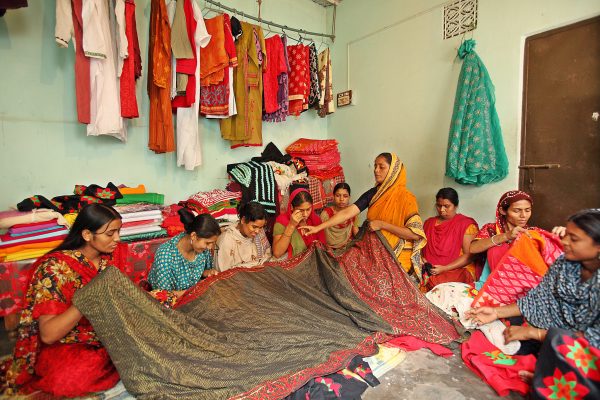
Published by Ali Iqbal Murshed at Dec 17 2017
Categories
When women have more access to financial as well as physical assets, it provides them with a base of authority that is important in staking her claim for equal or fair treatment.
November 20, 2017

Published by Shusmita Islam at Nov 20 2017
Categories
The child with his nose in a book might not be the only one learning. This was one of the bold messages from the Frugal Innovation Forum 2017. The forum’s innovators and speakers called attention to children’s right to education and play.
March 1, 2015
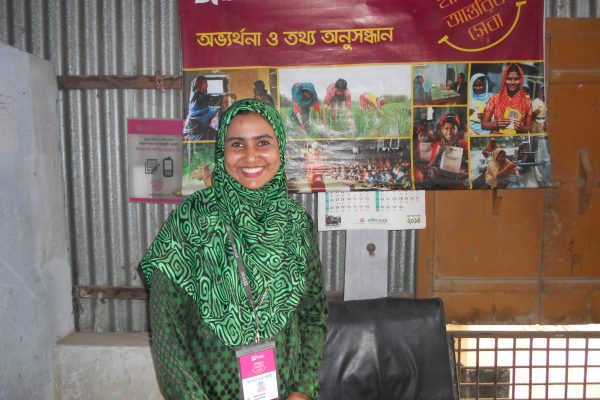
Published by Maria A May at Mar 01 2015
Categories
Even when introducing herself, Babita’s enthusiasm is contagious. “Maybe you think that you can’t change how you manage your money. It’s too hard. Well, I used to think that I could never get up in front of a group of people and give a presentation. But here I am. BRAC taught me how. So if I can do this, then you can do anything.”
February 12, 2015

Published by Anushka Zafar at Feb 12 2015
By 2016, 80 per cent of mobile phones will be internet-enabled. What does this mean for Bangladesh, where mobile phone operators only began providing 3G internet services in 2013?

